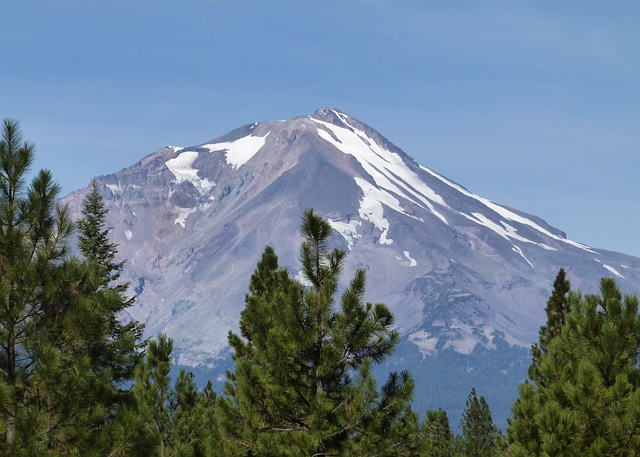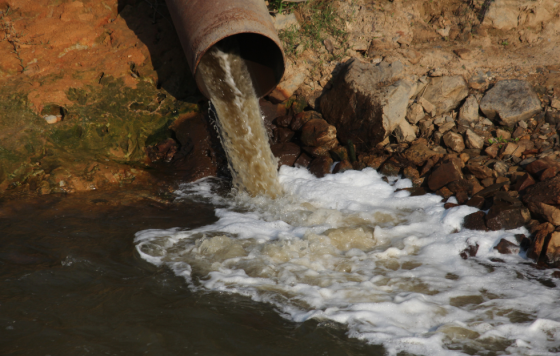
Angelina Cook is an environmental activist based in Siskiyou county. She advocates for including the City of Weed in the Shasta Valley Groundwater Sustainability Plan and working to protect the city’s groundwater from expanded pumping by private bottling companies. Clean Water Action's communications manager interviewed Angelina about her involvement in local water politics.
What basin/basins are you currently working in/involved with?
Shasta Valley Groundwater Basin
What has been your experience of the Groundwater Sustainability Plan (GSP) process?
I have attended three Groundwater Sustainability Agency (GSA) meetings, and lobbied the City of Weed to request inclusion into the Shasta Basin Boundary Modification. The City Manager for Weed opposes groundwater regulation, so the city opted out. I applied for an environmental seat on the Shasta Basin GSA Advisory Committee. Tribal and Environmental representatives have not been appointed.
Why did you become involved with the groundwater collaborative?
Mount Shasta’s contribution to California’s water is significant, yet our volcanic aquifers remain unregulated, and our economies are severely disadvantaged. I endeavor to improve the way downstream stakeholders appreciate Shasta headwaters, form alliances, and learn from the organizational expertise that emerges in regions with more favorable political/economic conditions than what we have around Mount Shasta.
What do you wish more people understood about the importance of groundwater sustainability in your basin?
That groundwater regulation is essential, inevitable and good for Weed! The benefits of the Sustainable Groundwater Management Act for municipalities in the Shasta Basin have the potential to outweigh the costs significantly if diverse stakeholders engage effectively, and creatively, over the long-term.
Why is community involvement important in sustainable groundwater planning in your basin?
1. Siskiyou County’s political economy continues to favor private over public interests.
2. Mount Shasta’s ground and surface waters are among the most devalued and underregulated of all natural resources, and highly vulnerable to unsustainable management.
3. When accurate information and productive deliberation combine to reveal shared interests among truly diverse stakeholders, Northern California is in a good position to exemplify watershed stewardship.
4. Preventing degradation and accelerating restoration of alpine ecosystems is among California’s most cost-effective strategies for climate mitigation, and ensuring water supply reliability.
Relatedly, what are the stakes of this process (as in, what outcomes are you most concerned about avoiding?) What are the potential consequences of no involvement from community members and environmental groups?
The City of Weed’s groundwater could remain unregulated, then Crystal Geyser and Roseburg (and probably future corporate bullies) would expand groundwater pumping operations, while forcing the City to dig some high-capacity wells in the vicinity of a superfund site known for groundwater toxicity.


